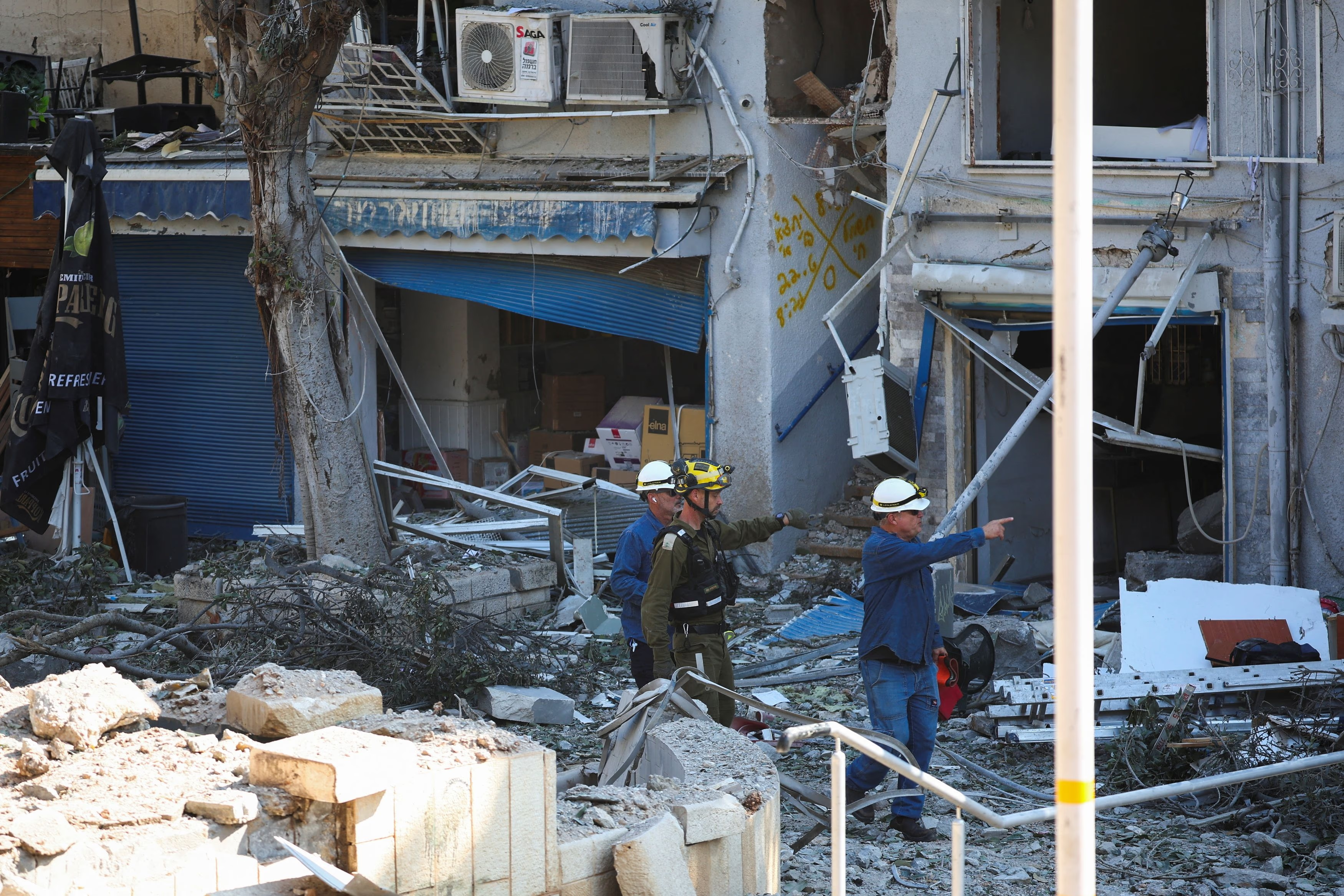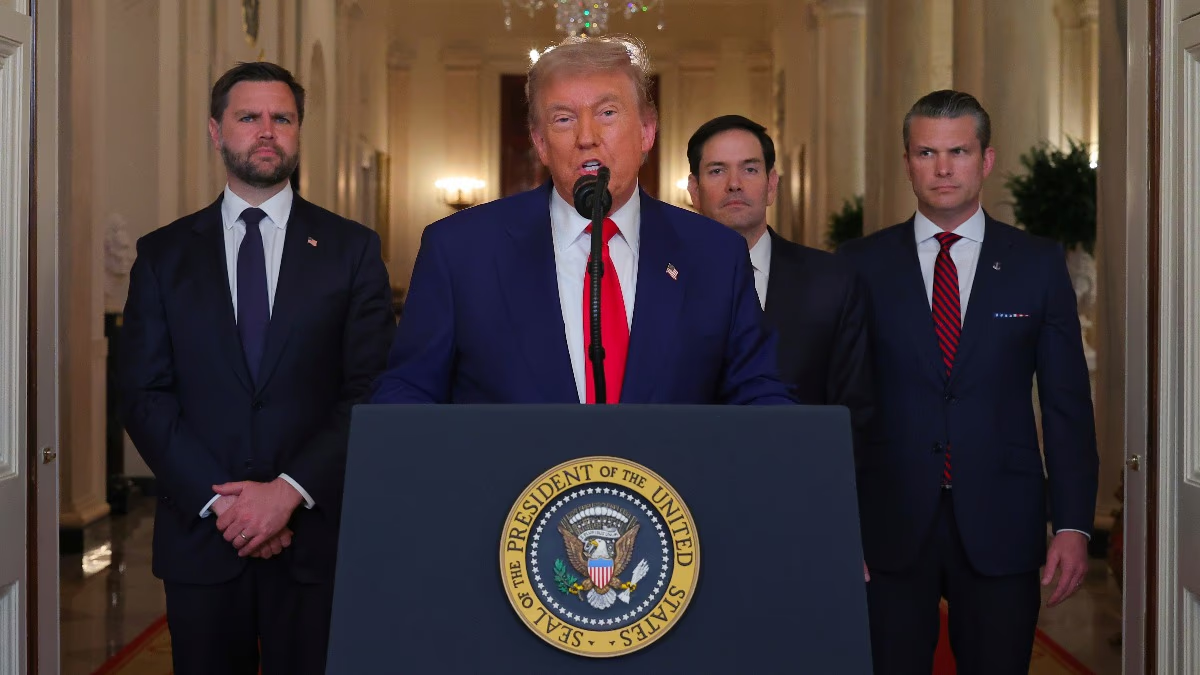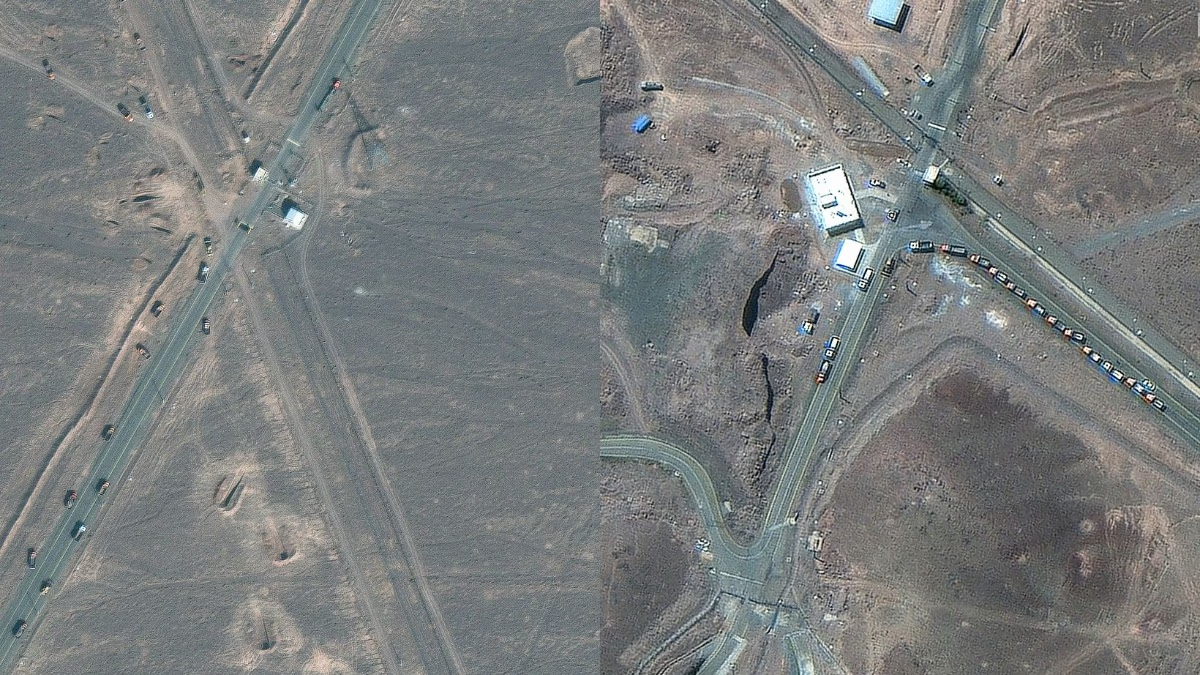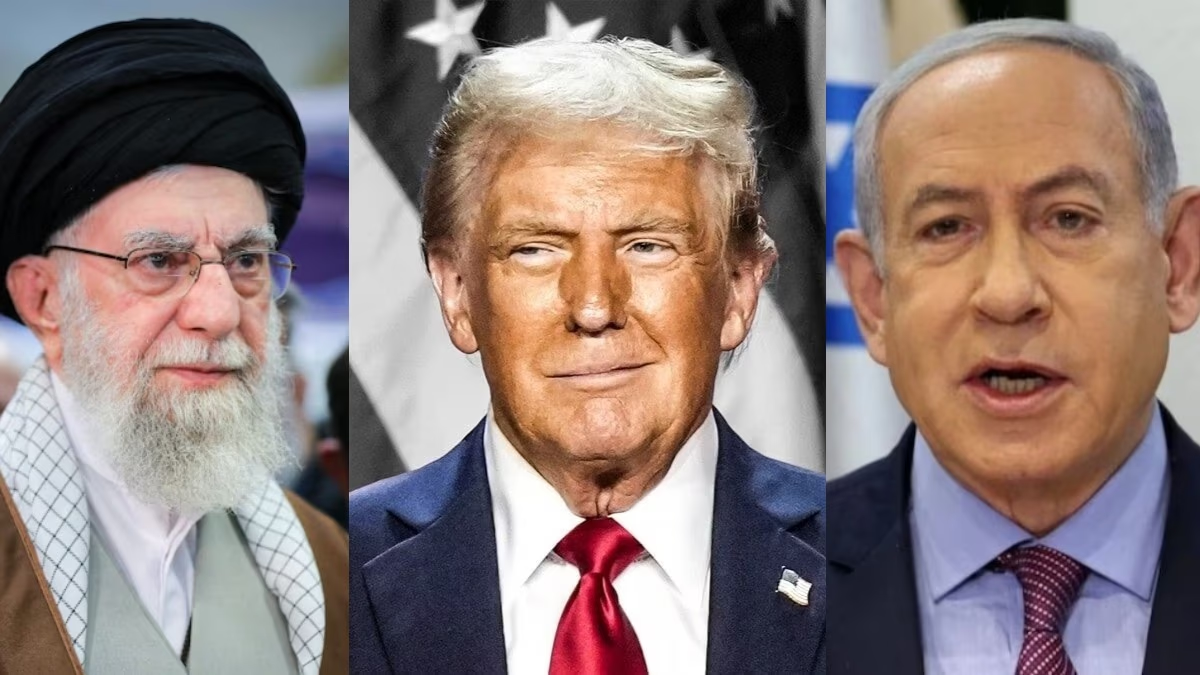Israel has been seeking American assistance to target Iran's nuclear facilities for several days, especially with the American bunker-buster bombs capable of targeting Iran's underground nuclear sites. Finally, on the tenth day of the war, the US has directly intervened and attacked Iran's three key nuclear sites — Fordow, Natanz, and Isfahan.
United States in Middle Eastern Conflict
In his second term, American President Donald Trump, initially hailed as a 'peacemaker', has immersed the US in yet another Middle Eastern conflict. Although the US has engaged in a controlled method, Trump appealed for peace with Iran, but Tehran quickly announced retaliatory actions, potentially costing the US dearly in this war.
According to BBC reports, when Donald Trump re-entered the White House, he vowed to keep the US out of war, but he ended up embroiling America in the Iran-Israel conflict. Instead of bringing peace to the Middle East, Trump now finds himself governing a region on the brink of a larger war — a battle in which the US has become an active participant.
Peace or Escalation?
Following strikes on Iran's nuclear facilities, the US President labeled the operation a success, hoping it leads to long-lasting peace, with Iran no longer capable of developing nuclear power. Meanwhile, Iran claimed only minor damage incurred to its heavily secured Fordow nuclear site.
Accompanied by Vice President JD Vance, Secretary of State Marco Rubio, and Defense Secretary Pete Hegseth, Trump warned Iran to abandon its nuclear program or face further harsh attacks. Despite the president's assertions, continued US military presence in Iran could result in dire consequences for America, the region, and the world.
Two-Week Warning, Attack in Two Days
This week, President Trump announced that Iran must surrender unconditionally, complicating his ability to back down. He initially gave Iran a two-week ultimatum, cutting it short to merely two days. Was the diplomacy just a façade, providing Iran deceptive security? Or did negotiations led by Trump's envoy, Steve Witkoff, hit a wall?
Detailed information on the damage remains scarce, with only claims from both sides. Nevertheless, Trump has extended peace offerings through social media and televised addresses. However, optimism borders on wishful thinking, given Iran Supreme Leader Ayatollah Khamenei still retains arsenals despite relentless Israeli attacks.

Source: aajtak
Will the Attack Weaken Iran?
The waiting game has begun. How will Iran respond to attacks on its critical sites, including Fordow, pivotal for its nuclear ambitions? Trump seems to pin hopes on pressuring Iran to concede more negotiations via targeted US attacks, but expecting negotiations from a nation unwavered by Israeli aggression seems unlikely.
Trump hints that the US strike was a unique, successful episode, facing pressure to re-engage if it proves otherwise. The president has staked vast political risk on military gains, threatening his status as 'Peacemaker' while involving grave domestic and international security concerns.
Can Trump Surmount Challenges?
US strikes on Iran provoked criticism not only from Democrats but also within Trump's 'America First' movement. By choosing to address the nation alongside three close advisors, the president attempts to unify his party, shielding himself from opposition targets.
If the strike remains isolated, Trump might reconcile internal discord with supporters. Yet, should it lead to wider conflict, potential backlash awaits even from within his ranks. An aggressive move by a president claiming no new wars in his first term, Trump criticized predecessors for needless foreign conflicts during his campaign last year. With attacks on Iran, he strategically maneuvered his piece—yet, forward steps lie beyond his control.




